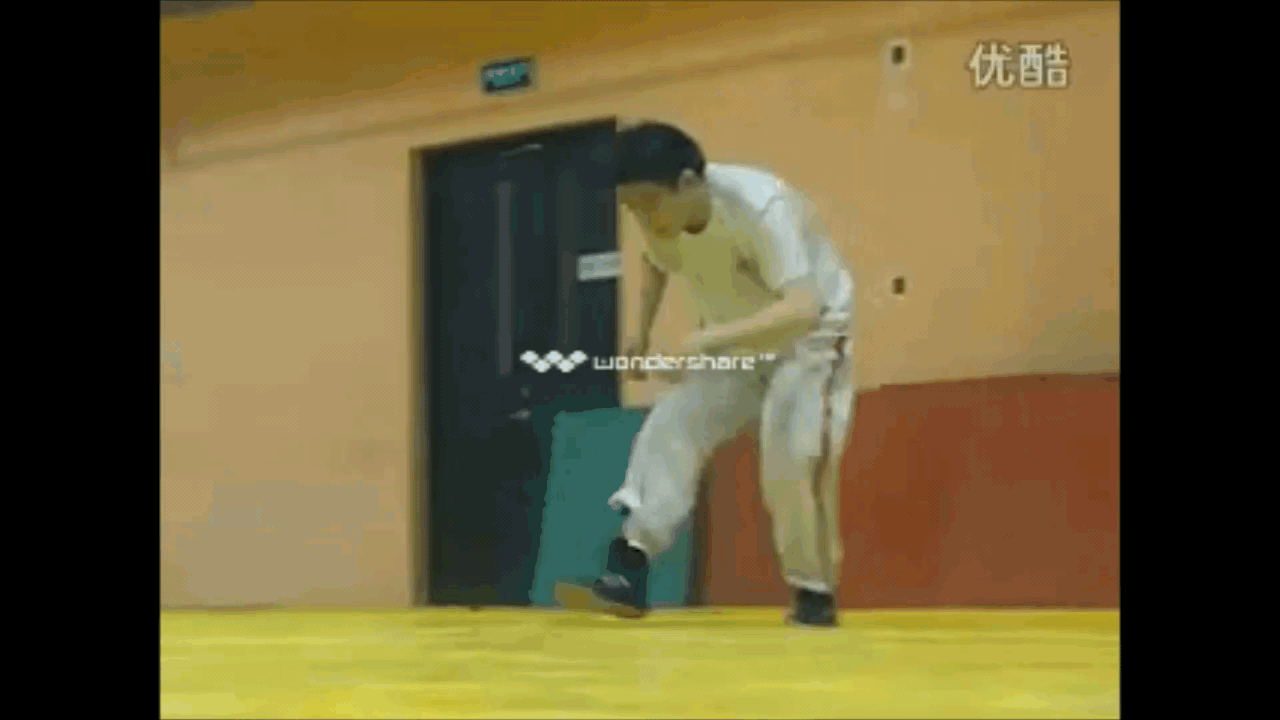I started practicing a traditional form of Japanese karate as an 18-year-old college freshmen in the 1980s in a club affiliated with my university. Karate was having a resurgence at that time, so there were a lot of young people getting involved. (Maybe 40 new students walking in for beginner's class each semester.)
We had instructors who were in their 40s. We did not consider these people "old" by any means. In fact, they seemed to be stronger, tougher and faster than we could ever hope to be.
I remember talking to another young white belt at the time about how fast one of these "older" guys was. Of course, I said something incredibly stupid:
"This must get easier as you get older."
After a few years of practice, I jokingly repeated this to one of the older black belts. He laughed and said, "No, it definitely gets harder as you get older." He was right of course.
Now, I'm 60 years old, with no illusions about being "young" or "strong." The floor seems much farther away than it was 20 years ago, and my old knees remind me of my age these days -- and also tell me when it's going to rain. I never thought I was a great fighter, but always had a sense that something good -- some new or better understanding -- was always ahead of me.
Now, I practice for strength and flexibility, and for the workout it gives me. And because I simply like it. And, every once in awhile, when I stretch well, and it's warm, and I do a kick or a punch that feels good, I'm reminded that I'm still that kid, trying to learn this art.
Any others here experience your practice changing as you get older?
We had instructors who were in their 40s. We did not consider these people "old" by any means. In fact, they seemed to be stronger, tougher and faster than we could ever hope to be.
I remember talking to another young white belt at the time about how fast one of these "older" guys was. Of course, I said something incredibly stupid:
"This must get easier as you get older."
After a few years of practice, I jokingly repeated this to one of the older black belts. He laughed and said, "No, it definitely gets harder as you get older." He was right of course.
Now, I'm 60 years old, with no illusions about being "young" or "strong." The floor seems much farther away than it was 20 years ago, and my old knees remind me of my age these days -- and also tell me when it's going to rain. I never thought I was a great fighter, but always had a sense that something good -- some new or better understanding -- was always ahead of me.
Now, I practice for strength and flexibility, and for the workout it gives me. And because I simply like it. And, every once in awhile, when I stretch well, and it's warm, and I do a kick or a punch that feels good, I'm reminded that I'm still that kid, trying to learn this art.
Any others here experience your practice changing as you get older?

